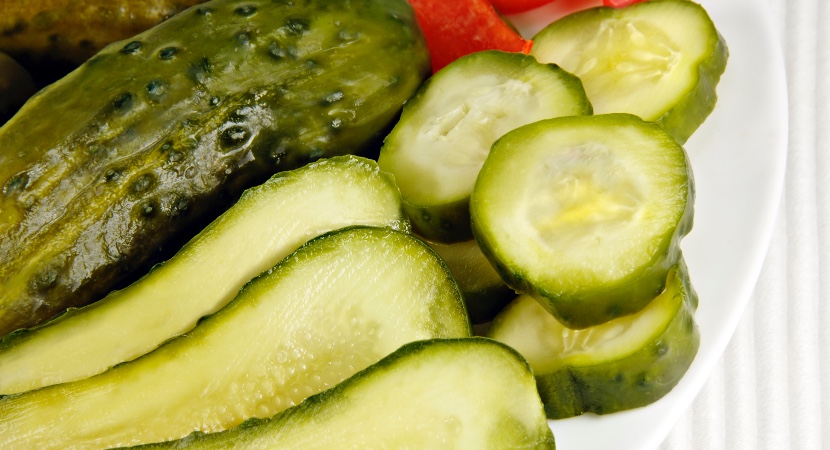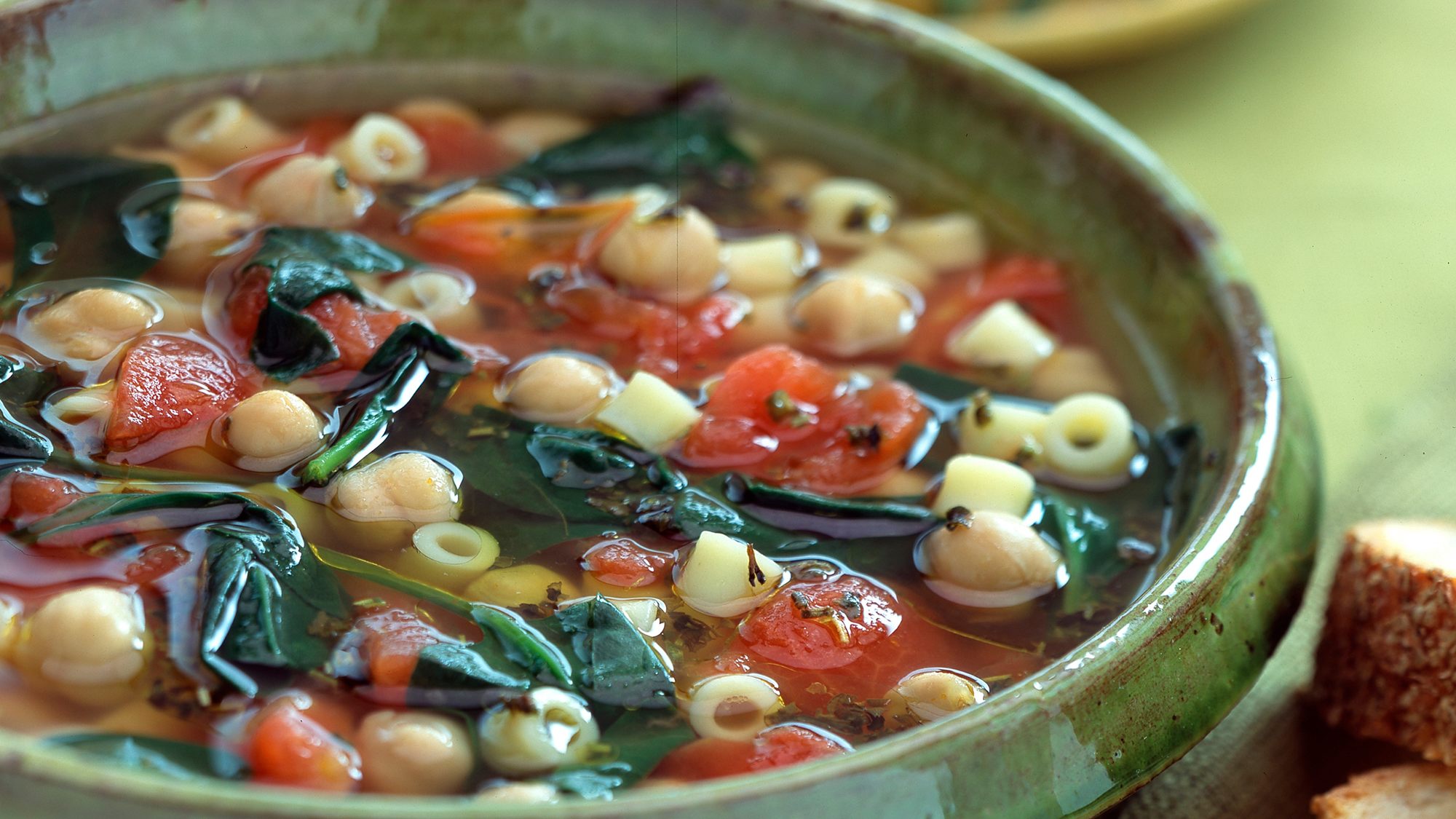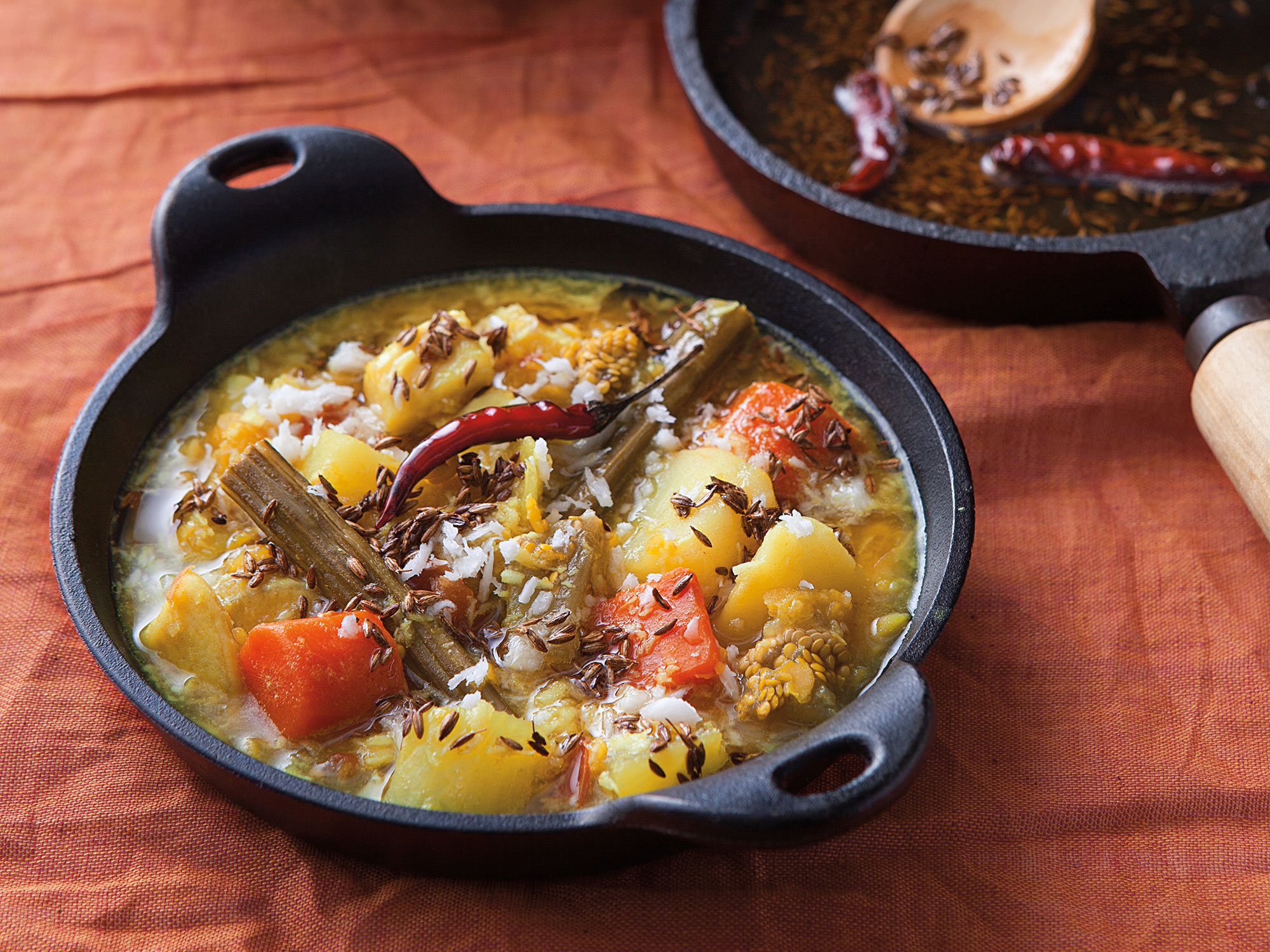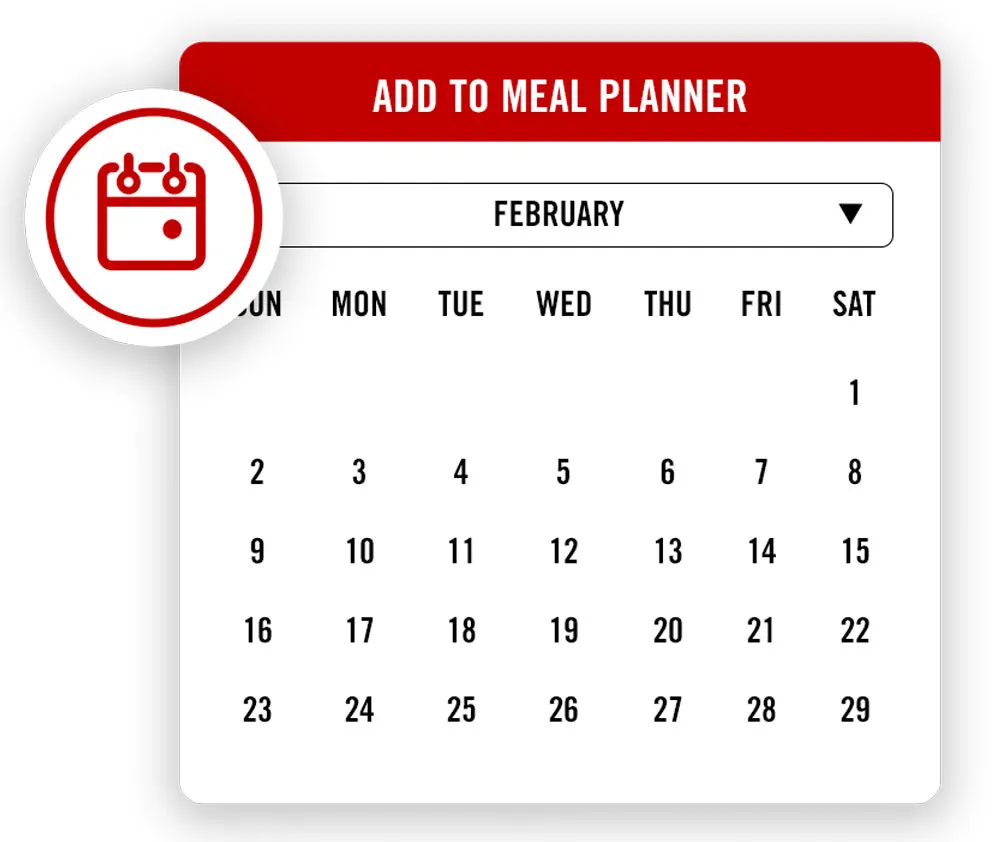Pickling, the process of preserving food in a brine or vinegar solution, dates back thousands of years, with evidence of pickled cucumbers found in ancient Mesopotamian civilizations. Early pickling methods were born out of necessity, allowing people to extend the shelf life of perishable foods. Over time, pickling techniques spread across continents and cultures, each region adding its own unique twist to the art of preservation.
Pickle Recipes
Savor a seasonal bounty all year round with our fave homemade pickles and preserves…from Smoky-Sweet Pickles with Strawberries to Spicy Pickled Garlic!

How to Make Homemade Pickles
It all starts with selecting the right cucumbers. Look for firm, small to medium-sized cukes with thin skins, as they tend to hold up better during the pickling process. Kirby cucumbers are a popular choice, but Persian or English cucumbers can work well too. Ensure they are fresh and free from blemishes for the best results.
Next comes the brine, which typically consists of water, vinegar, and salt, but can be customized by adding sugar, garlic, dill, mustard seeds, peppercorns, or any other spices and herbs you prefer. Experiment with different combinations to create unique flavor profiles. Keep in mind that the ratio of water to vinegar determines the pickles' level of tartness, so adjust according to your taste preferences. For a sweeter pickle, increase the sugar content, or for a tangier flavor, up the vinegar.
Thoroughly wash the cucumbers and either leave them whole or slice into spears or chips. Pack them tightly into clean jars along with your chosen seasonings. Bring the brine to a boil, stirring until the salt and sugar are fully dissolved. Carefully pour the hot brine over the cucumbers, ensuring they are completely submerged. Seal the jars and allow them to cool before transferring them to the refrigerator for at least 24 hours.
When it comes to storing and preserving pickles, there are two main methods: refrigerator pickles and canned pickles. Refrigerator pickles are stored in the refrigerator and are typically made with a vinegar-based brine. They are easy to make and can be enjoyed after just a few days of pickling. Canned pickles, on the other hand, are processed in a hot water bath or pressure canner to seal the jars, allowing them to be stored at room temperature for an extended period. Proper storage techniques are essential for maintaining the quality of pickles.
Regardless of whether they are refrigerator or canned pickles, it's crucial to store them in clean, airtight containers to prevent contamination and maintain freshness. Refrigerator pickles should be kept in the refrigerator and consumed within a few weeks for the best taste and texture, while canned pickles can be stored in a cool, dark place for up to a year or longer. However, it's essential to check for any signs of spoilage, such as mold or off-putting odors, before consuming canned pickles that have been stored for an extended period.
Types of Pickles
Dill pickles are a ubiquitous classic, known for their crispness and tangy bite thanks to a brine infused with garlic, dill, and pickling spice. Bread and butter pickles have decidedly sweeter notes, due to the addition of sugar to the mix. But why should cucumbers have all the fun? The pickling process is equally effective on a variety of vegetables, to say nothing of fruit, and even proteins. Think fiery pickled jalapenos, earthy pickled beets, piquant pickled rhubarb, savory pickled eggs and more.
Health Benefits of Pickles
A significant health advantage of pickles lies in their potential to provide probiotics — beneficial bacteria that support gut health. Fermented pickles undergo a fermentation process that encourages the growth of these probiotics. Additionally, pickles are typically low in calories, and contain antioxidants like vitamin C and beta-carotene, which help combat oxidative stress and reduce the risk of chronic diseases.
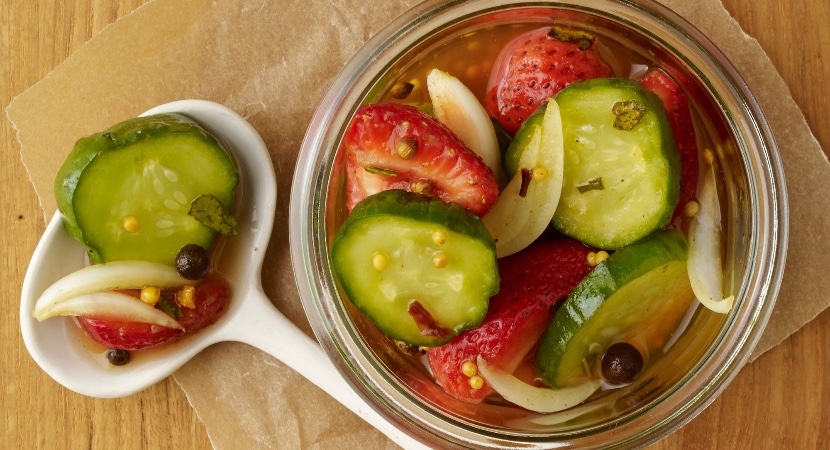
Creative Ways to Use Pickles
Sandwich Enhancements: Elevate your sandwiches by adding pickles for a tangy crunch. Whether you're making a classic deli sandwich, a hearty burger, or a gourmet panini, pickles can complement a wide range of flavors and textures.
Salad Toppers: Chop pickles into bite-sized pieces and sprinkle them over salads for an extra layer of flavor and texture. They pair particularly well with green salads, potato salads, and grain bowls, adding a refreshing zing to each bite.
Appetizers: Upgrade your deviled eggs by mixing finely chopped pickles into the filling mixture, or fashion pickles into a creamy dip by adding to a blend of cream cheese, sour cream, garlic, and herbs and served with crackers, chips, or fresh vegetables, paired with a pickle martini!
Dips and Spreads: Make your own pickle relish by finely chopping pickles and mixing them with diced onions, mustard, and a touch of vinegar, or create an intriguingly sour salsa by combining diced pickles with tomatoes, onions, cilantro, lime juice, and jalapeños.



